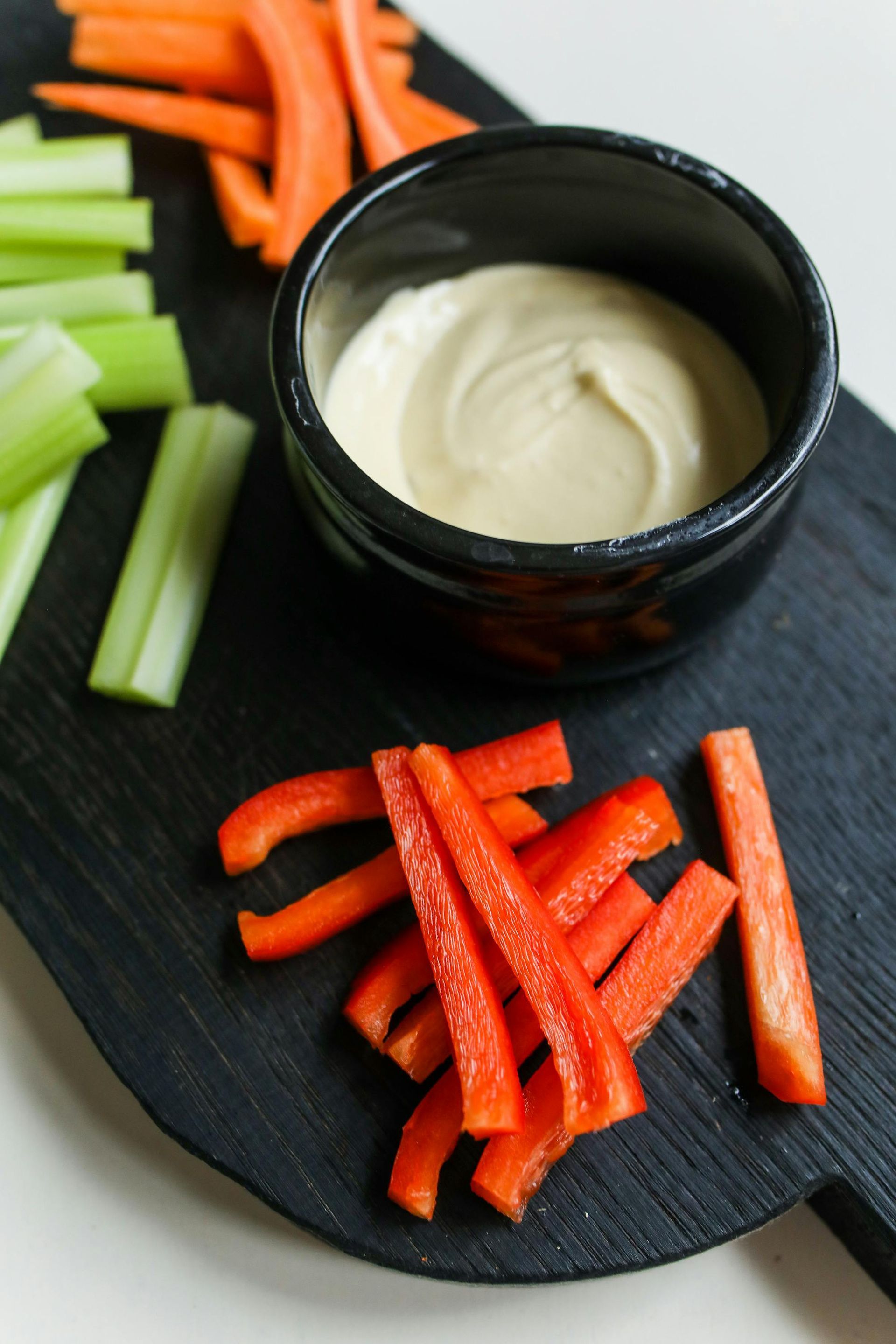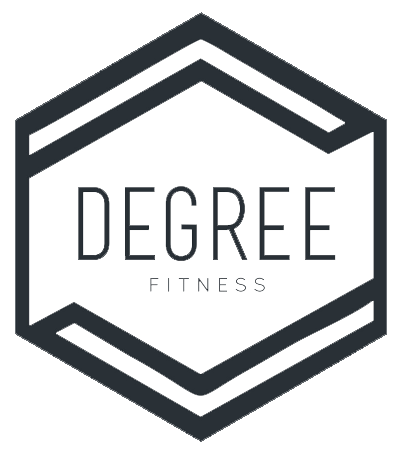What's the Deal with Carbs?
Written By: Mairead, Registered Dietitian
There's just so much information out there about carbs.
Are they good?
Are they Bad?
What about complex ones?
When should you eat them?
Will you lose weight if you don't eat them?
With contradictory answers, it can be confusing and hard to know what's actually important and will help you improve your health and fitness!
"Carbs" is short for carbohydrates, one of our main macronutrients.
Carbs are the brain and body's preferred main source of fuel and energy. We can make that energy last longer by choosing carb options that are higher in fibre, and pairing them with protein and fat. These components help slow the break down of the carbs, making that energy last over a longer period of time, rather than leaving us feeling hungry and tired again quickly.
Carbs are often referred to as "simple" or "complex".
Simple carbs are foods like white bread, and are more processed and lower in fibre. Complex carbs are foods like whole grains, which are generally closer to being whole foods, are less processed, and are higher in fibre. Focusing on swapping simple carbs for complex options can help improve our heart and bowel health, better manage blood sugars, and promote more consistent energy levels throughout the day.
Now, should you follow a low carb diet? It's totally up to you!
For people with concerns about their blood sugars, it can be worth learning more about carbohydrates, how much are in certain foods, and how to time them consistently. For most normal healthy people, there are healthy ways to eat any amount of carbohydrates, as long we're including a variety of foods and not neglecting our other macronutrients (fat and protein).
Low carb diets can help with weight loss for people who enjoy eating in that way over a long period of time. Like any diet changes, you need to be able to maintain it for the long-term. A low carb diet can create a calorie deficit (where you're taking in less calories than you are consuming), especially when carb foods are replaced with lower calorie foods (like vegetables) or those that might create more of a feeling of fullness (like proteins).
Some people also see some quick initial weight loss when following a low carb diet - this is often water weight rather than true body mass loss, because carbs cause the body to hang on to a little bit of extra fluid. This initial loss will quickly return if you go back to eating your normal amount of carbs.
Like anything in nutrition, there's a lot of variation in what can make up a healthy diet! When it comes to carbs, aim for higher fibre and more complex options to improve your overall health.
Looking for more personalized nutrition advice?
Let's chat!
Email mairead@degreefitnessseaforth.com or click HERE for more info about our Nutrition Programs!



